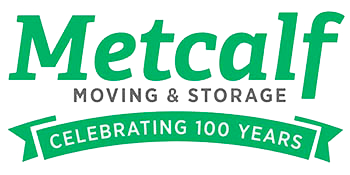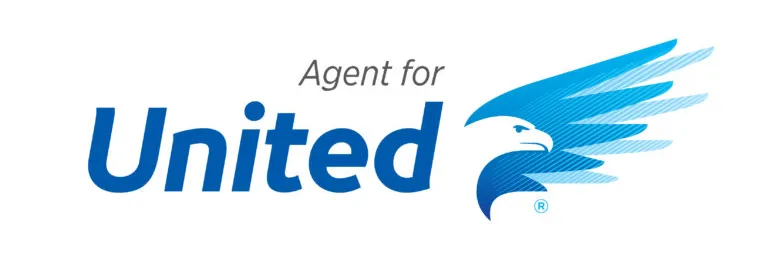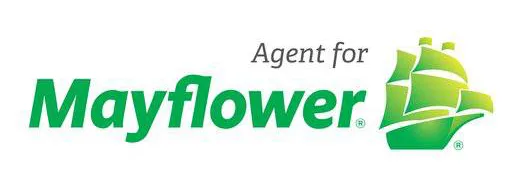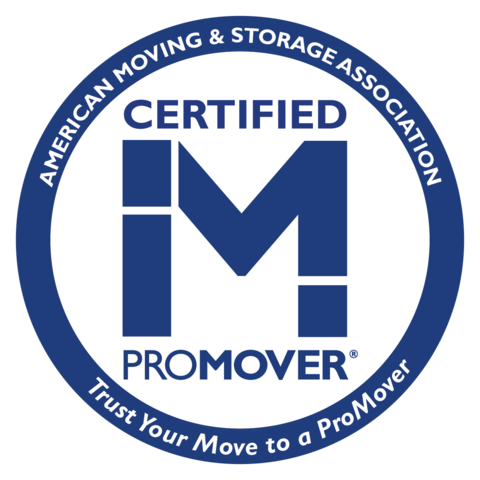METCALF MOVING BLOG
Specialty Movers Handle Medical Office Relocations
Specialty moversRelocating a medical office involves a complex mix of logistical, regulatory, and operational challenges that require a highly specialized approach. It’s a high-stakes operation involving sensitive equipment, patient records, and strict regulatory compliance. If not done right, it disrupts patient care, creates legal risks, and drains time and resources. This is where specialist movers come in—they know the terrain and don’t treat your office like just another business move.
Here’s how experienced medical office movers manage the process from start to finish—without cutting corners or compromising care.
Strategic Planning is Essential Before Initiating the Move
A professional moving specialist begins by conducting a thorough assessment of both the current and future spaces. They create a tailored plan that includes a move timeline, equipment breakdown and setup, compliance needs, and staff responsibilities. These early steps differentiate between a smooth transition and weeks of post-move chaos.
Sensitive Equipment Gets Special Treatment
Medical offices rely on highly calibrated, often fragile equipment. Improper handling can mean thousands of dollars in damage—or worse, compromised patient care. Specialist movers are trained to handle X-ray machines, centrifuges, diagnostic monitors, and autoclaves.
They don’t just wrap things in bubble wrap and hope for the best. Specialty movers use custom crating, climate-controlled transport when needed, and shock-absorbing packaging for delicate devices. They often coordinate with OEMs or certified techs to power down and re-install machines according to manufacturer standards.
HIPAA Compliance Isn’t Optional
Patient records aren’t just files—they’re protected by law. Movers without healthcare experience may treat them like regular office documents. That’s a risk no clinic or practice can afford.
Specialist movers understand HIPAA regulations and know how to secure physical records during transport. Whether you’re moving paper files or servers containing digital records, they follow strict chain-of-custody procedures and ensure nothing is left unprotected or exposed during the transition. They’ll often provide locked containers or transport vehicles monitored during the move.
Minimal Downtime, Maximum Coordination
A good moving company gets you from point A to point B. A great medical mover minimizes downtime, so you can continue seeing patients with little disruption.
They schedule moves during off-hours—weekends or holidays if needed—and work in phases if your practice has to stay partially operational. Equipment and furniture aren’t just unloaded—they’re placed precisely where they need to be, according to pre-approved layouts.
Your IT systems are reconnected, your exam rooms are ready, and your front desk is functional—often within hours. That kind of precision only comes from movers who’ve done this before.
Safe Disposal and Storage Options
Medical relocations often uncover obsolete equipment and surplus supplies that are no longer functional or necessary for the new space and should be responsibly removed or repurposed. Reputable movers can assist with eco-friendly disposal, donation coordination, or temporary storage.
Whether it’s sharps containers, expired supplies, or unneeded exam chairs, specialist movers can handle removal according to local and federal regulations. Some also offer secure warehousing for short- or long-term storage needs, complete with climate control and inventory tracking.












